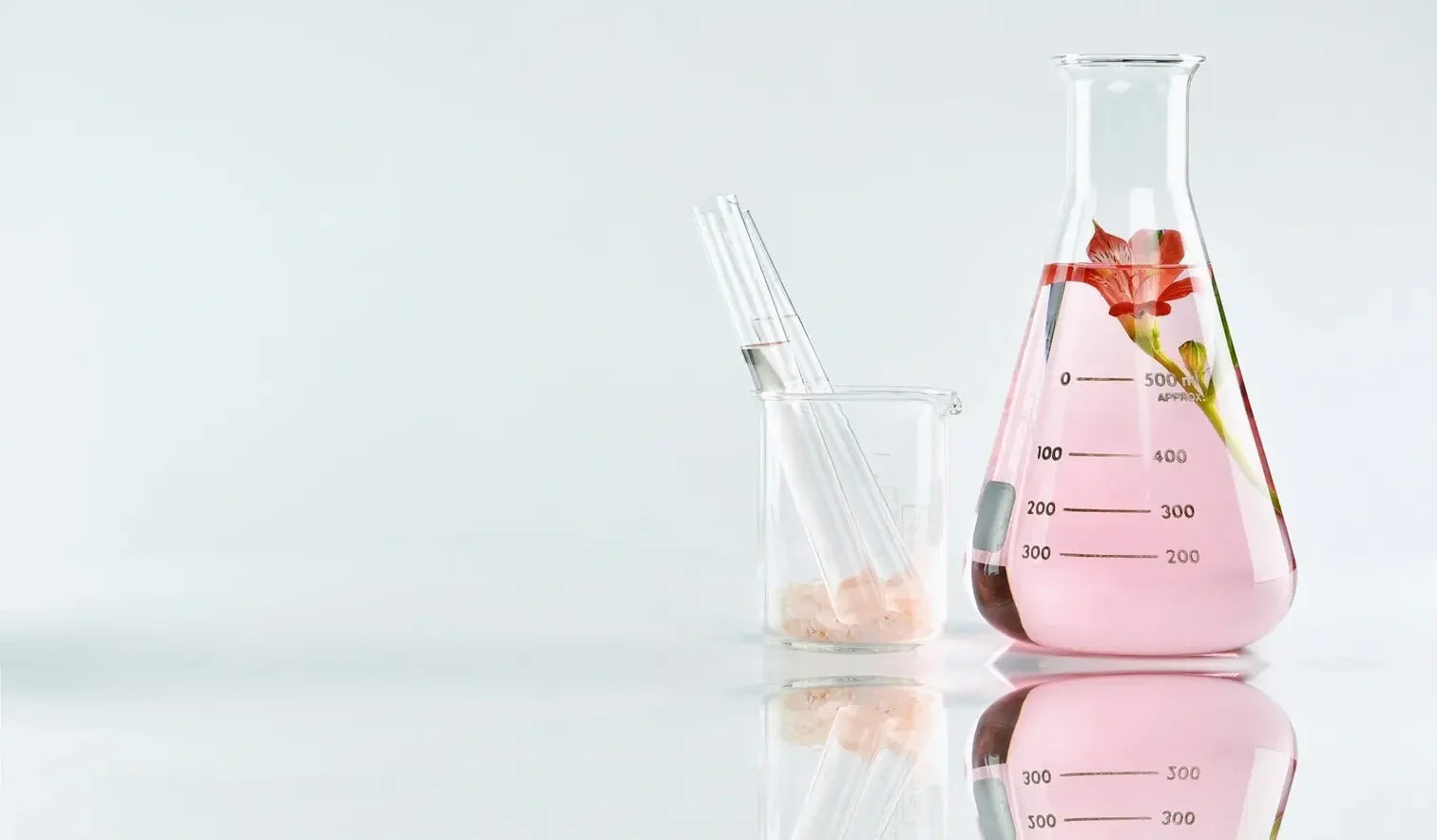Is fragrance free better for your skin?
- To enhance a user’s experience by creating an alluring scent
- To mask the smell of other ingredients in a given formulation [1]
Is fragrance free better for your skin?
- To enhance a user’s experience by creating an alluring scent
- To mask the smell of other ingredients in a given formulation [1]
How do you know if you are sensitive to fragrance?
How do you know if you are sensitive to fragrance?
How do you know if fragrance is used in a skin care product?
How do you know if fragrance is used in a skin care product?
What is the difference between “fragrance free” and “unscented” skin care products?
What is the difference between “fragrance free” and “unscented” skin care products?
Can fragrance in skin care products contribute to aging?
Can fragrance in skin care products contribute to aging?
Can fragrance in skin care clog pores or lead to acne?
Can fragrance in skin care clog pores or lead to acne?
Can fragrance affect overall skin health?
Can fragrance affect overall skin health?
- Fragranced skin care and other products can cause adverse reactions such as cosmetic contact dermatitis.
- Symptoms of fragrance allergy from skin care products include redness, dryness, irritation, inflammation, and photosensitivity.
- A patch test can be performed with skin care products to determine if you will experience adverse reactions to ingredients.
- Oneskin’s products are free from fragrance, sulfates, essential oils, and other common irritants to avoid undue adverse reactions.
- Fragranced skin care and other products can cause adverse reactions such as cosmetic contact dermatitis.
- Symptoms of fragrance allergy from skin care products include redness, dryness, irritation, inflammation, and photosensitivity.
- A patch test can be performed with skin care products to determine if you will experience adverse reactions to ingredients.
- Oneskin’s products are free from fragrance, sulfates, essential oils, and other common irritants to avoid undue adverse reactions.
- https://www.popsugar.com/beauty/fragrance-skin-care-debate-according-experts-47917326
- https://www.sciencedirect.com/science/article/pii/S1046199X96900779
- https://www.webmd.com/allergies/features/3-questions-about-fragrance-allergies
- https://www.wellandgood.com/ingredient-intelligence-what-you-need-to-know-about-fragrance-in-skin-care/
- https://www.ewg.org/skindeep/
- https://www.womansworld.com/posts/beauty/this-ingredient-in-your-skincare-could-speed-up-skin-aging
- https://www.oneskin.co/blogs/reference-lab/what-causes-skin-inflammation
- https://www.ncbi.nlm.nih.gov/pmc/articles/PMC4344124/
- https://www.skincancer.org/risk-factors/photosensitivity/
- https://neoderma.com/blogs/love-beautiful-skincare/perfume-acne
- https://alitura.com/blogs/skinsupport/the-top-10-toxic-chemicals-in-perfumes-and-cologne
- https://www.consultant360.com/article/consultant360/allergy-natural-fragrance
- https://www.thezoereport.com/p/can-fragrance-in-skincare-cause-acne-heres-what-derms-think-30657112
- https://www.ewg.org/skindeep/ingredients/702512-FRAGRANCE/
- https://www.popsugar.com/beauty/fragrance-skin-care-debate-according-experts-47917326
- https://www.sciencedirect.com/science/article/pii/S1046199X96900779
- https://www.webmd.com/allergies/features/3-questions-about-fragrance-allergies
- https://www.wellandgood.com/ingredient-intelligence-what-you-need-to-know-about-fragrance-in-skin-care/
- https://www.ewg.org/skindeep/
- https://www.womansworld.com/posts/beauty/this-ingredient-in-your-skincare-could-speed-up-skin-aging
- https://www.oneskin.co/blogs/reference-lab/what-causes-skin-inflammation
- https://www.ncbi.nlm.nih.gov/pmc/articles/PMC4344124/
- https://www.skincancer.org/risk-factors/photosensitivity/
- https://neoderma.com/blogs/love-beautiful-skincare/perfume-acne
- https://alitura.com/blogs/skinsupport/the-top-10-toxic-chemicals-in-perfumes-and-cologne
- https://www.consultant360.com/article/consultant360/allergy-natural-fragrance
- https://www.thezoereport.com/p/can-fragrance-in-skincare-cause-acne-heres-what-derms-think-30657112
- https://www.ewg.org/skindeep/ingredients/702512-FRAGRANCE/



